[et_pb_section fb_built=”1″ _builder_version=”4.21.0″ _module_preset=”default” global_colors_info=”{}” custom_padding=”2px|||||”][et_pb_row _builder_version=”4.21.0″ _module_preset=”default” global_colors_info=”{}” custom_padding=”0px|||||”][et_pb_column type=”4_4″ _builder_version=”4.21.0″ _module_preset=”default” global_colors_info=”{}”][et_pb_text _builder_version=”4.21.0″ _module_preset=”e4089db4-dfe7-4901-8ff9-639e30c382ac” hover_enabled=”0″ global_colors_info=”{}” sticky_enabled=”0″ header_3_font=”Roboto|500|||||||” header_3_text_color=”#3C887E” header_3_font_size=”16px”]
Diversity, equity, and inclusion (DEI) efforts in the workplace have become increasingly significant in recent years. A majority of workers in the United States recognize the value of focusing on DEI at work, according to a survey conducted by Pew Research Centre[^1^]. However, the extent to which individuals prioritize diversity within their own workplaces varies considerably based on demographic and political factors.
The Study and its Terminology
To gain insights into how American workers perceive DEI efforts, Pew Research Centre surveyed 4,744 employed adults in the United States[^1^]. The study included individuals working part-time or full-time, excluding the self-employed, and those with only one job or multiple jobs where one is considered the primary job[^1^]. The organizations surveyed had a minimum of 10 employees[^1^].
For the purpose of this study, DEI refers to diversity, equity, and inclusion efforts in the workplace. It encompasses policies ensuring fairness in hiring, pay, or promotions, DEI trainings or meetings, staff members specifically tasked with promoting DEI, salary transparency, and the existence of affinity groups or employee resource groups (ERGs) based on shared identities[^1^].
The Value of DEI Efforts at Work
The Pew Research Centre survey reveals that 56% of workers in the United States view focusing on increasing DEI at work as a positive thing[^1^]. However, there are notable differences in opinion based on various demographic and political factors.
Gender Differences
While a majority of both men and women consider DEI efforts positive, women are more likely to express this view. Sixty-one percent of women believe focusing on increasing DEI at work is a good thing, compared to 50% of men[^1^]. Conversely, men are more than twice as likely as women to consider DEI efforts a bad thing (23% vs. 9%)[^1^].
Racial and Ethnic Differences
Differences in opinion are also apparent across racial and ethnic groups. Black workers are the most likely to view DEI efforts positively, with 78% expressing this sentiment[^1^]. In contrast, less than half of White workers (47%) believe focusing on DEI at work is a good thing[^1^]. Asian and Hispanic workers fall in between, with 72% and 65% respectively expressing a positive view[^1^].
Age and Education
Younger workers are more likely to perceive DEI efforts positively. Sixty-eight percent of workers aged 18 to 29 consider focusing on DEI at work a good thing, compared to 56% of those aged 30 to 49, 46% of those aged 50 to 64, and 52% of those aged 65 and older[^1^].
There is also a correlation between educational attainment and positive perceptions of DEI efforts. Sixty-eight percent of workers with a postgraduate degree view focusing on DEI at work as a good thing, compared to 59% of those with a bachelor’s degree and 50% of those with some college or less education[^1^].
Political Affiliation
Opinions on DEI efforts at work vary significantly based on political affiliation. While 78% of Democratic and Democratic-leaning workers consider focusing on DEI a good thing, only 30% of Republican and Republican-leaning workers share this view[^1^]. Democrats also place higher value on different aspects of diversity and perceive a more positive impact from DEI policies and resources available in their workplaces[^1^].
The Importance of a Diverse Workforce
Although a majority of workers recognize the value of DEI efforts, relatively small shares place great importance on working in a diverse environment across various dimensions. Approximately three-in-ten workers consider it extremely or very important to work somewhere with a mix of employees of different races and ethnicities (32%), ages (28%), or an equal mix of men and women (26%)[^1^]. The importance of a diverse workforce based on sexual orientation is even lower, with only 18% considering it extremely or very important[^1^].
Gender Differences
Women are more likely than men to place importance on working in a diverse environment. They attach greater significance to diversity across all dimensions mentioned in the survey[^1^]. For example, 37% of women consider it extremely or very important to work somewhere with a mix of employees of different races and ethnicities, compared to 26% of men[^1^].
Racial and Ethnic Differences
Black workers place the highest importance on racial and ethnic diversity in the workplace. Fifty-three percent of Black workers consider it extremely or very important to work somewhere with a mix of employees of different races and ethnicities, compared to 39% of Hispanic, 25% of White, and 43% of Asian workers[^1^]. The importance of age diversity also varies across racial and ethnic groups, with higher value placed by Black workers (42%) compared to Hispanic (33%), Asian (30%), and White (24%) workers[^1^].
Age Differences
Younger workers prioritize racial and ethnic diversity in the workplace to a greater extent. Thirty-five percent of workers under the age of 50 consider it extremely or very important, compared to 26% of those aged 50 and older[^1^]. Similar trends are observed when considering the importance of gender diversity[^1^].
Education
Workers with higher educational attainment place greater importance on diversity across all dimensions. For example, 44% of workers with a postgraduate degree consider racial and ethnic diversity extremely or very important, compared to 34% of those with a bachelor’s degree and 27% of those with some college or less education[^1^].
Political Affiliation
Democrats attach more importance to working in a diverse environment than Republicans. Democrats place higher value on diversity across all dimensions, with differences of at least 20 percentage points observed in several cases[^1^].
Perceptions of Employer Attention to DEI
When it comes to their own employers’ attention to DEI, 54% of workers believe their company or organization pays about the right amount of attention to increasing diversity, equity, and inclusion[^1^]. However, opinions vary based on gender, race, ethnicity, and political affiliation.
Gender Differences
Women are more likely than men to believe their employer pays too little attention to increasing DEI (17% vs. 12%)[^1^]. Conversely, men are more likely to believe too much attention is paid to DEI at their workplace (18% vs. 10%)[^1^].
Racial and Ethnic Differences
Black workers are the most likely to perceive their employer as paying too little attention to DEI (28%)[^1^]. In contrast, smaller proportions of White (11%), Hispanic (19%), and Asian (17%) workers feel the same[^1^].
Political Affiliation
While a majority of both Republicans and Democrats believe their employer pays the right amount of attention to DEI, there are differences in opinion. Republicans are more likely to believe their employer pays too much attention to DEI (24% vs. 6% of Democrats), while Democrats are more likely to believe their employer pays too little attention (21% vs. 7% of Republicans)[^1^].
The Impact of DEI Policies and Resources
The Pew Research Centre survey also examined workers’ perceptions of the impact of various DEI policies and resources available in their workplaces.
Positive Impact of DEI Measures
The majority of workers believe that DEI measures have had a positive impact where they work. Policies ensuring fairness in hiring, pay, or promotions are viewed positively by 61% of workers, while 52% perceive positive impacts from DEI trainings or meetings[^1^]. Furthermore, 66% of workers with access to salary transparency believe it has had a positive impact, and 74% of workers with a staff member specifically promoting DEI share this sentiment[^1^]. Affinity groups or ERGs are also seen as having a positive impact by 58% of workers[^1^].
Differences by Political Affiliation
Democratic workers are more likely than Republicans to perceive positive impacts from DEI policies and resources in their workplaces[^1^]. These differences persist across various measures, with Democrats consistently expressing higher levels of positivity[^1^].
Gender Differences
Women tend to have more positive perceptions of DEI measures than men, particularly among Republicans[^1^]. Republican women are more likely than Republican men to perceive positive impacts from measures such as staff members promoting DEI (47% vs. 31%) and affinity groups or ERGs (58% vs. 38%)[^1^].
DEI Trainings
Approximately 38% of workers surveyed reported participating in a DEI training in the past year[^1^]. Among those who participated, 53% found the training to be helpful, while 34% held a neutral view, and 13% deemed it unhelpful[^1^].
The Impact of Gender, Race, and Ethnicity on Workplace Success
Although workers generally believe that gender, race, and ethnicity do not significantly impact one’s ability to succeed at work, there are variations in perception.
Gender Differences
A higher proportion of workers believe being a man makes it easier to be successful at work (36%) compared to those who believe it makes it harder (6%)[^1^]. Conversely, more workers believe being a woman makes it harder (28%) rather than easier (11%)[^1^]. Women, especially those under 50, are more likely to perceive these disparities[^1^].
Racial and Ethnic Differences
Black workers are the most likely to believe that being Black makes it harder to succeed at work (51%)[^1^]. Similarly, about four-in-ten Asian workers (39%) perceive challenges associated with being Asian[^1^]. Hispanic, Black, and Asian workers are equally likely to believe that being Hispanic makes it harder to succeed. Regarding being White, workers across racial and ethnic groups are more likely to believe it makes success easier rather than harder[^1^].
Political Affiliation
There are significant partisan gaps in perceptions of how gender, race, and ethnicity impact workplace success. Democrats are more likely to believe being a man makes success easier (47% vs. 25% of Republicans), while Republicans are more likely to believe being White makes success easier (48% vs. 13% of Democrats)[^1^]. Furthermore, Democrats perceive greater challenges for individuals based on their race or ethnicity compared to Republicans[^1^].
Conclusion
The Pew Research Centre survey highlights the widespread recognition of the importance of diversity, equity, and inclusion in the workplace. While a majority of workers view focusing on DEI as a positive thing, opinions vary based on gender, race, ethnicity, age, education, and political affiliation. Furthermore, workers place differing levels of importance on working in diverse environments across various dimensions. The study also reveals that perceptions of employer attention to DEI and the impact of DEI policies and resources differ among workers. Finally, there are variations in perceptions of how gender, race, and ethnicity impact workplace success. These findings underscore the ongoing need to foster diverse, equitable, and inclusive work environments that address the concerns and perspectives of all employees.
References: [^1^]: Pew Research Center. (2023, May 17). A majority of U.S. workers say focusing on DEI at work is a good thing, but relatively small shares place great importance on diversity in their own workplace. Retrieved from https://www.pewresearch.org/social-trends/2023/05/17/a-majority-of-u-s-workers-say-focusing-on-dei-at-work-is-a-good-thing-but-relatively-small-shares-place-great-importance-on-diversity-in-their-own-workplace/ https://www.pewresearch.org/social-trends/2023/05/17/a-majority-of-u-s-workers-say-focusing-on-dei-at-work-is-a-good-thing-but-relatively-small-shares-place-great-importance-on-diversity-in-their-own-workplace/
[/et_pb_text][/et_pb_column][/et_pb_row][/et_pb_section]

